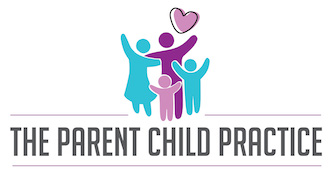In this third and final three part series blog post on Dyslexia, I will share information about effective instruction and intervention for working with children with Dyslexia. It is very common that as my evaluation process comes to an end that parents will ask me, “What is next now that we have a diagnosis?” The “what’s next” is the most important thing that a parent can do for their child and it is even more important than the diagnosis that they receive from me. If a child is diagnosed with Dyslexia but does not receive appropriate instruction and intervention then they will not make adequate progress and will continue to struggle.
Dyslexia Evaluations (Psychoeducational Assessments): Part Two
In my previous blog post I shared information about Dyslexia so that readers could have a better understanding about what it is, what causes it, and spot the possible red flags for identifying it. At the conclusion of that blog post, I recommended that if you suspected your child or yourself has Dyslexia that you would want to seek out a comprehensive psychoeducational assessment. Therefore in this second blog post of my three part series on Dyslexia, I will share information about psychoeducational assessments. The goal of this post is to demystify the process, explain the components, and ultimately help the reader better advocate for themselves or their child(ren) and discriminate high quality from low quality evaluations.
Understanding Dyslexia: Part One
Approximately once per week I receive a call from a parent, college student, or adult wanting to understand more about Dyslexia. There are many articles on the internet, numerous conversations on listservs, and a lot of individuals who are ready to disseminate information to others based on their own personal experience or readings about Dyslexia. Some of this information is accurate and some of this information is completely inaccurate. Consequently, when parents call me, I sometimes ask what they already know about Dyslexia. In addition to scheduling families for evaluations, my goal is to educate and empower families with information that is accurate. Therefore, in today’s blog post I am going to reveal my responses to commonly asked questions that families have for me about Dyslexia. I will also share a second blog post about possible components of a Dyslexia evaluation and recommended instructional strategies for children identified with Dyslexia.
How Individuals with Disabilities Are Losing Their Accommodations for High Stakes Graduate School Testing
There has been an upsurge in requests for testing accommodations and, as a result, testing agencies have had to establish clear procedures to address the ever-increasing volume of requests. The testing agencies are required to individually assess the disability documentation to determine the appropriateness of the accommodation requests. When disability documentation is insufficient or does not make a compelling case for why accommodations are still needed, then individuals will find that they no longer qualify for testing accommodations despite their previous diagnosis of a disability such as ADHD, dyslexia, etc.



